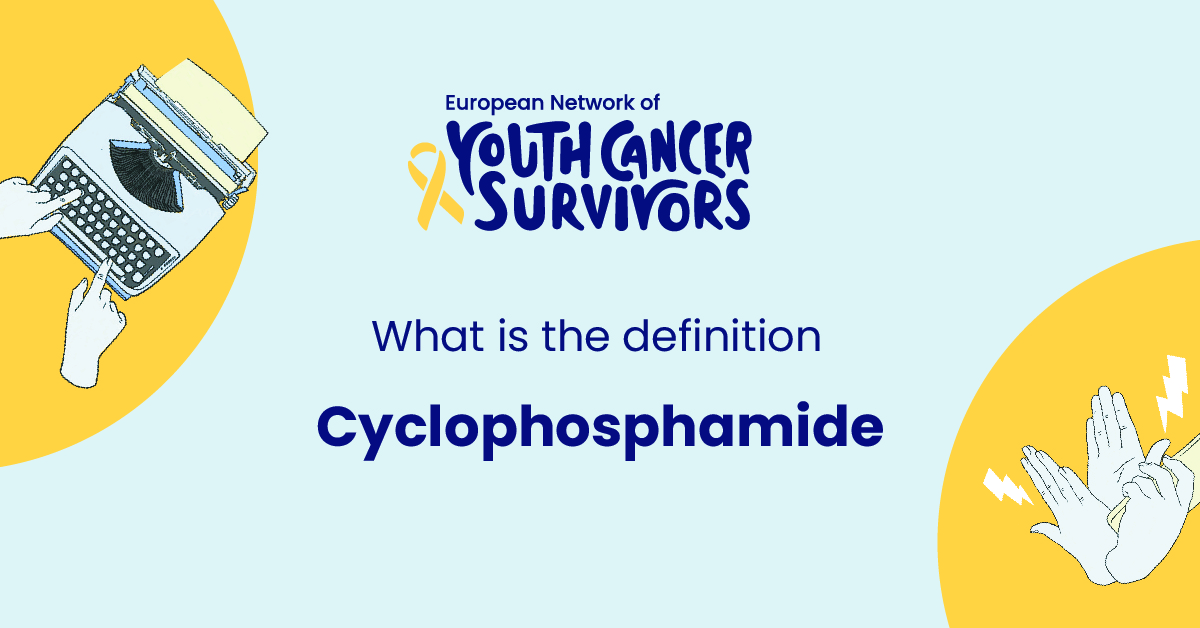
In the milieu of medical science, understanding the pharmaceutical agents that doctors prescribe is crucial for patients. One such medication is Cyclophosphamide, a powerful drug used in the treatment of various medical conditions. This article aims to provide an in-depth understanding of Cyclophosphamide, its mechanisms, uses in healthcare, potential side effects, and the emerging research on its applications.
Defining Cyclophosphamide: Unveiling the Medical Terminology
Cyclophosphamide is a chemotherapy medication falling under the class of drugs known as alkylating agents, primarily used to treat several types of cancer. As an alkylating agent, it works by inhibiting the multiplication of rapidly growing cancer cells, thereby slowing or stopping their growth.
This drug distinguishes itself from others by its ability and versatility to treat a range of medical conditions. Apart from cancer treatment, it is also employed in managing certain cases of nephrotic syndrome (a kidney ailment), and other autoimmune diseases.
The History Behind Cyclophosphamide
The use of Cyclophosphamide in medical treatments dates back to the 1950s, with it being one of the earliest chemotherapy drugs to be discovered. Since its inception, the usage and understanding of the drug have undergone significant advancements.
Progresses in usage and understanding of Cyclophosphamide over the years have highlighted its efficacy not just as a standalone treatment, but also in combination with other therapies for a comprehensive approach to disease management.
How Does Cyclophosphamide Work?
The impact of Cyclophosphamide on the body is a two-step process. Initially, the drug is in a non-active form (prodrug). The liver then metabolizes it into its active form to exert its effects. It targets rapidly multiplying cells, changing their DNA structure and inhibiting their further growth and multiplication.
Various factors can influence how Cyclophosphamide works in the body, such as the rate of metabolism, individual patient history, and even genetic factors. This underscores the importance of physician guidance in its usage.
Clinical Uses of Cyclophosphamide
Cyclophosphamide is mainly used in the treatment of various forms of cancer, including leukemia, lymphoma, and breast cancer. Additionally, it has shown efficacy in the treatment of lupus, rheumatoid arthritis, and certain kidney diseases like nephrotic syndrome.
The potential benefits of Cyclophosphamide in these treatments are extensive. By targeting fast-growing cells, it provides a strategic approach to disease management. However, monitoring by healthcare professionals is crucial due to the potent nature of the drug.
Potential Side Effects and Precautions with the Use of Cyclophosphamide
Like all potent drugs, Cyclophosphamide comes with a risk of side effects. These may include nausea, hair loss, and changes in blood counts. More severe side effects involve damage to the bladder and infertility.
Safety measures are paramount when taking Cyclophosphamide. Regular follow-ups, blood tests, and maintaining hydration can help mitigate some of the side effects. Informing the doctor of any other ongoing medication is also necessary to prevent interactions.
Get to know us better
If you are reading this, you are in the right place – we do not care who you are and what you do, press the button and follow discussions live

Emerging Research and Applications of Cyclophosphamide
Current research is exploring novel applications for Cyclophosphamide, including potential uses in the treatment of other autoimmune diseases and even certain viral infections.
The future outlook of Cyclophosphamide in medical treatment is immensely promising. Innovative studies are paving the way for its use beyond cancer and autoimmune diseases, with the hope to unlock further therapeutic potentials of this powerful medication.
Conclusion
Cyclophosphamide continues to be a cornerstone medication in treating various medical conditions, primarily cancer. Understanding this potent drug, its actions, benefits, and potential risks are of utmost importance for healthcare providers and patients alike.
Despite its significant benefits, caution is paramount. Regular monitoring, stringent follow-ups, and awareness of potential side effects are integral to effective and safe treatment with Cyclophosphamide.
FAQs:
- What exactly is Cyclophosphamide?
Cyclophosphamide is a potent chemotherapy drug used primarily in the treatment of various types of cancer. It works by targeting and inhibiting the growth of rapidly multiplying cells.
- How does Cyclophosphamide work in the body?
Cyclophosphamide works by interfering with the DNA of rapidly multiplying cells, specifically cancer cells, inhibiting their growth and multiplication.
- What are the most common uses of Cyclophosphamide in healthcare?
Besides being utilized in multiple types of cancer treatment, Cyclophosphamide is also used in the management of certain autoimmune diseases and certain kidney ailments.
- Are there any known side effects or risks associated with the use of Cyclophosphamide?
Yes, like all potent drugs, Cyclophosphamide may cause side effects ranging from nausea, hair loss to more significant effects like bladder damage and infertility.
- Are there any new research or developments in the application of Cyclophosphamide in treatments?
Current research is ongoing to explore novel uses for Cyclophosphamide, including potential applications in treating other autoimmune diseases and specific viral infections.

















Comments
Thank you. Comment sent for approval.
Something is wrong, try again later